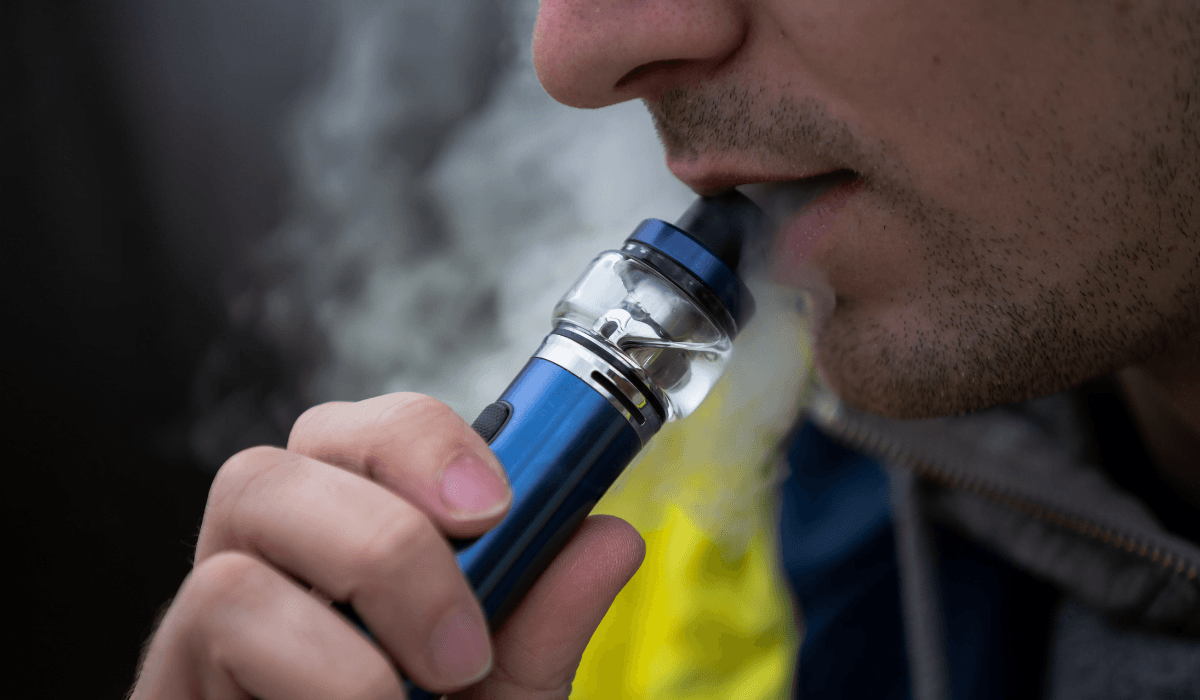The Health Minister of Bangladesh has just proposed a new amendment to the Smoking and Using of Tobacco Products (Control) Act.
The act was approved in 2005, following the WHO Framework Convention of Tobacco Control (2003).
The Health Ministry intention is to ban the production, import, export, storage, sale and transportation of e-cigarettes and their components. The amendment will ban also flavors or any chemicals in tobacco products.
CoEHAR members, in collaboration with a group of international experts and THR advocates, signed a letter to “urge the government of Bangladesh not to prohibit smoke free nicotine-based alternatives to combustible cigarettes and to use evidence-based regulatory policy to do more to protect the health of Bangladesh’s 164,7 million people”.
As we read in the letter “tobacco harm reduction provides a fast-acting, market- based strategy for reducing smoking and eliminating most smoking-related risks. The regulation of ENDS and other smoke-free products should always be considered as part of a regulatory system that covers all the nicotine products, both smoked and smoke-free. The aim should be to encourage the migration from high-risk to low-risk products and support positive behaviour change. Regulators should take great care to avoid the perverse consequences of prohibitions and use regulation instead. Risk-proportionate regulation provides a robust basis for controlling the consumer nicotine market and creates strong incentives that support public health”.
To read the full text, download the PDF




